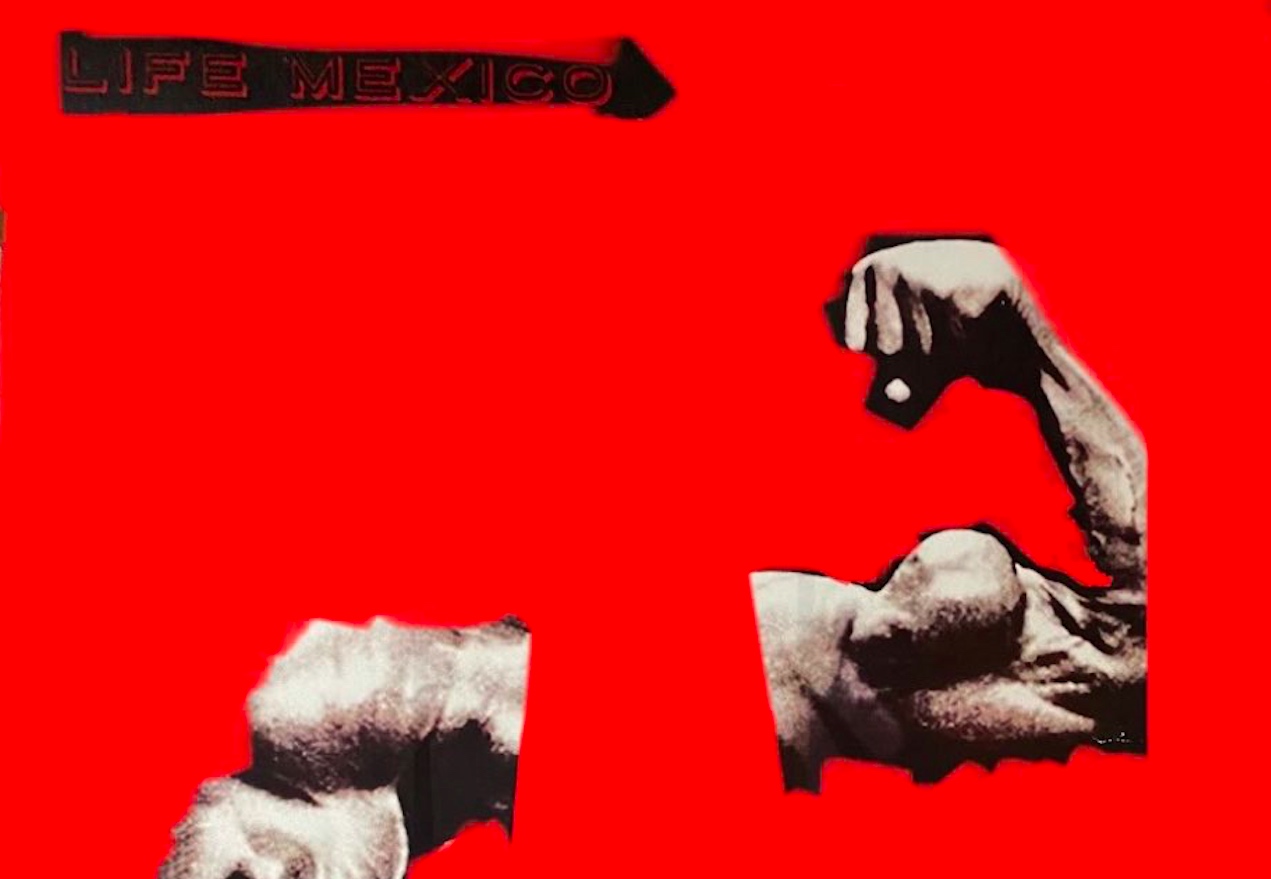
Andrea D’Amore
Forma de vida
Exhibition
-> Nov 19 2022
The Italian Institute of Culture presents the exhibition Forma de vida by Italian artist Andrea D'Amore.
Forma de vida is a research process by the Italian artist Andrea D'Amore on the street food of Mexico City as a possible research site on the economic and cultural relations between cultures and nations. Dishes have historically been imported and exported from their territories of origin, mixing with each other and giving rise to new cultural codes, as well as becoming symbols of power or true currency.
Starting from an ecological feeling that suggests a non-dichotomous but holistic thought, food and diets are investigated within a productivist consumerism that today identifies the food factor as a fundamental element of consumption. It is not so much a question of what to eat but how to live, what way of life to adopt, according to the most ancient meaning of the term diet (from the Greek diaita, "life, way of life, rule of life"). Diet is an approach, a perceptive attitude to the rhythm of life in which, of course, food also plays an important role. In this sense, diet is not only an aesthetic of life, but also an ethic of behavior.
Forma de vida is therefore built as a coexistence experience that combines an environment of artistic installations made from food within which you can enjoy a dinner created by the artist. Starting from the consideration of the scarcity of drinking water in Mexico City, the artist will create installations on the transport and consumption of water and the chain of production and consumption of corn, a staple food in the Mexican and Italian diets. Dinner will include a menu of polenta, natural herbs, and Italian and Mexican meat and vegetable recipes.
Andrea d'Amore's artistic practice is the result of the application of ecological and ecosystem thinking in the investigation of the relational construction of identity (ego) and otherness (world). The field of application of his research is mainly the convivium, understood as a device for creating relationships around the preparation and consumption of food. Within this determined affective ecosystem, each component -human and non-human- plays a relational role in the construction of the environment we share.
— The Italian Institute of Culture